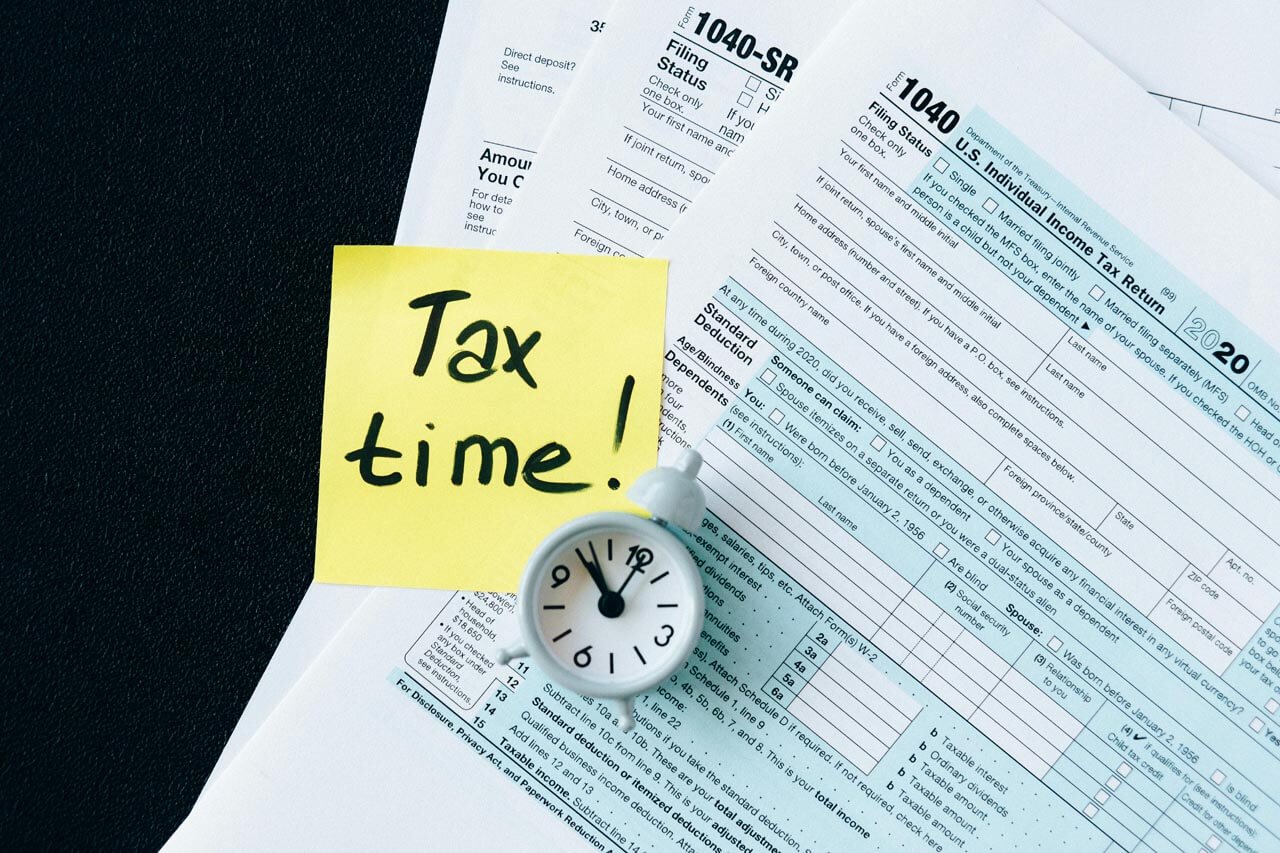Young Voters Leading the Charge: The Influence of Millennials and Gen Z in Elections

Table of Contents
- The Rise of Young Voter Participation
- Historical Context
- Key Factors Driving Participation
- Millennials vs. Gen Z: Understanding the Differences
- Millennial Perspectives
- Gen Z Characteristics
- The Impact of Young Voters on Elections
- Voting Patterns and Preferences
- Swing States and Local Elections
- Case Study: The 2020 Presidential Election
- Mobilization Efforts and Strategies
- Grassroots Movements
- The Role of Educational Institutions
- Collaboration with Influencers
- Challenges Young Voters Face
- Voter Suppression
- Apathy and Disillusionment
- The Future of Young Voters in Elections
- Trends to Watch
- Conclusion
- Recommended External Sources
In recent years, the political landscape of the United States has changed significantly, largely due to the impact of younger voters. Millennials and Generation Z, often referred to as Gen Z, have transformed electoral dynamics, bringing new perspectives and priorities to the forefront. This article will explore the influence of young voters on elections, their motivations, and the implications for future political engagement.
The Rise of Young Voter Participation
Historical Context
Young voter turnout has historically lagged behind older demographics. However, recent elections have seen a remarkable shift. According to the U.S. Census Bureau, voter turnout among those aged 18-29 reached 50% in the 2020 presidential election, up from 36% in 2016. This surge can be attributed to various factors, including increased political awareness, social movements, and digital engagement.
Key Factors Driving Participation
-
Social Media Influence
The proliferation of social media platforms has created new avenues for political discourse. Young voters are not just passive consumers of information; they actively participate in discussions, mobilize peers, and spread awareness on critical issues. Platforms like Instagram, TikTok, and Twitter have become arenas for political activism, amplifying messages that resonate with younger generations. -
Climate Change and Social Justice
Issues such as climate change and social justice resonate deeply with Millennials and Gen Z. According to a study by the Pew Research Center, 71% of young voters prioritize addressing climate change, while 67% advocate for social justice reforms. This commitment drives their engagement in the electoral process, demanding candidates align with these values. - Education and Access to Information
The rise of digital technology has democratized access to information. Young voters are equipped with tools to research candidates, policies, and electoral processes. Educational initiatives, combined with social media campaigns, have empowered this demographic to make informed voting decisions.
Millennials vs. Gen Z: Understanding the Differences
While Millennials and Gen Z share some political values, they are distinct cohorts with unique characteristics.
Millennial Perspectives
-
Economic Concerns: Millennials, now in their late 20s to early 40s, are heavily influenced by their experiences with the Great Recession. Economic stability, student loan debt relief, and job security are paramount issues for this group.
- Diversity and Inclusion: Millennials advocate for inclusive policies that reflect the diversity of the nation. They prioritize issues related to race, gender equality, and LGBTQ+ rights.
Gen Z Characteristics
-
Activism as a Norm: Gen Z views activism as a standard component of citizenship. This generation utilizes social media not just for connection but also for organized political movements, exemplified by events like the Global Climate Strikes.
- Mental Health Awareness: Mental health is a significant concern for Gen Z, shaping their political views and choosing candidates who prioritize mental health resources and policies.
The Impact of Young Voters on Elections
Voting Patterns and Preferences
Young voters have different preferences when it comes to candidates and issues. They tend to favor progressive candidates who champion social justice, environmental reforms, and economic equity. In the 2020 election, the endorsement of candidates like Bernie Sanders and Elizabeth Warren, known for their progressive stances, generated significant support among younger demographics.
Swing States and Local Elections
The influence of young voters extends beyond presidential elections; their participation can sway local and state races. Areas such as Georgia and Arizona saw historic voter turnout among young people, playing a crucial role in determining the outcomes of pivotal elections.
Case Study: The 2020 Presidential Election
In the 2020 election, young voters played a crucial role in the high-stakes battle between incumbent Donald Trump and challenger Joe Biden. Exit polls indicated that 50% of voters aged 18-29 supported Biden, signaling a significant trend that could shape future electoral strategies. The Biden campaign’s focus on issues such as climate change, healthcare access, and student debt resonated with younger voters, demonstrating the importance of addressing the needs of this demographic.
Mobilization Efforts and Strategies
Grassroots Movements
Grassroots organizations have successfully mobilized young voters through targeted outreach and education campaigns. Organizations like Rock the Vote and Vote.org have played a pivotal role in providing resources and information tailored to younger demographics.
The Role of Educational Institutions
Colleges and universities serve as critical hubs for political engagement. Many institutions have implemented initiatives to encourage voter registration and participation, creating a culture of civic responsibility among students.
Collaboration with Influencers
Political campaigns increasingly collaborate with social media influencers to engage younger voters. This strategy leverages the influencers’ reach and credibility to mobilize audiences who may be apathetic towards traditional political messaging.
Challenges Young Voters Face
Despite their growing influence, young voters encounter several challenges that can impact their participation in elections.
Voter Suppression
Voter suppression tactics, such as strict ID laws and limited polling locations, disproportionately affect young voters. Advocacy groups are actively working to combat these obstacles and ensure that every eligible voter can participate.
Apathy and Disillusionment
While younger voters are engaged in activism, they can also feel disillusioned by the political establishment. The perception that their votes do not lead to meaningful change can hinder turnout. Addressing this apathy requires outreach that emphasizes the importance of participation and the direct impact of their votes.
The Future of Young Voters in Elections
Trends to Watch
As Millennials and Gen Z continue to mature, their influence on politics is expected to grow. Key trends to monitor include:
-
Increased Focus on Systemic Issues: Young voters are likely to continue prioritizing systemic issues such as racial justice, economic inequality, and climate change in upcoming elections.
- Data-Driven Campaigning: Campaigns will increasingly leverage data analytics to understand and engage young voters effectively, tailoring messages to resonate with their values and concerns.
Conclusion
The influence of young voters, particularly Millennials and Gen Z, is undeniable. Their unique perspectives, driven by a commitment to social justice, economic equity, and environmental sustainability, are reshaping the political landscape. Understanding the motivations and challenges faced by these demographics is crucial for candidates and political organizations aiming to engage this vital voting bloc. As we approach future elections, the power of young voters will only continue to grow, marking a significant turning point in American politics.
For more insights on political engagement and trends affecting small businesses, visit our related articles on serached.click.
Recommended External Sources
- Pew Research Center: Millennials and Gen Z: Ahead of Their Classes
- U.S. Census Bureau: Voting and Registration Data
This article is optimized for SEO by incorporating relevant keywords and structured headings, while maintaining clear, professional language suited for a diverse audience. As societal attitudes evolve, the role of young voters in shaping the future of elections remains an essential focus for continued discourse.
Latest Posts
You Might Also Like
Lorem ipsum dolor sit amet, consectetur adipiscing elit. Ut elit tellus, luctus nec ullamcorper mattis, pulvinar dapibus leo.
TOP NEWS
Copyright © 2025 heartlandheadlines.site | All rights reserved.



















No Comments